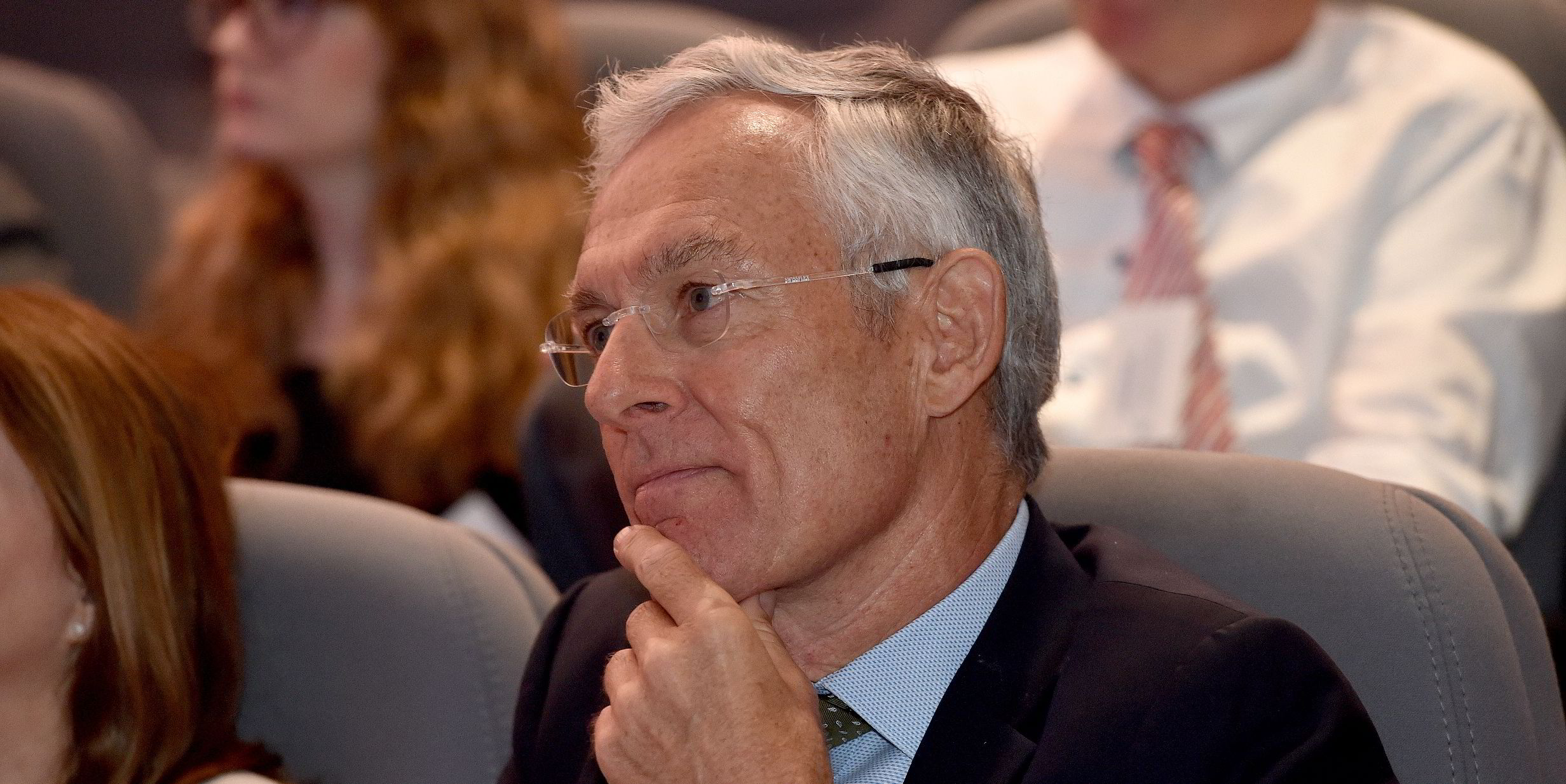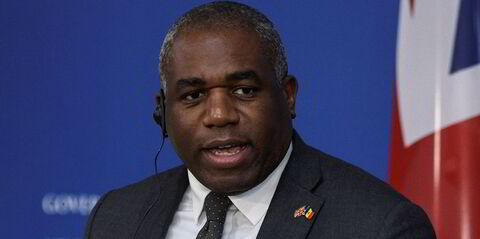Shipping could be vulnerable to further regional action over emissions unless the International Maritime Organization (IMO) makes significant progress, the International Chamber of Shipping (ICS) has warned.
Canada and California, which have already introduced carbon pricing, could join the European Union (EU) in implementing their own emission trading systems.
Earlier in February, the European Parliament included shipping in the European Emissions Trading Scheme (ETS), sparking opposition from international shipping associations.
Speaking in Indonesia at The Economist’s World Ocean Summit, ICS chairman Esben Poulsson set out what the industry would like the IMO to achieve as part of its CO2 reduction strategy.
Poulsson said: “We are confident IMO can adopt an ambitious strategy by 2018 matching the spirit of the Paris Agreement.
“However, IMO needs to agree a baseline year for peak CO2 emissions from shipping, as well as setting out some serious long-term aspirations for dramatically cutting the sector’s total CO2 by the middle of the century.”
Kitack Lim, secretary general of the IMO, has strongly opposed ETS and has written a letter to European politicians.
ICS added the CO2 reduction targets could be met with alternative fuels such as hydrogen or fuel cells, which are not available yet.
Poulsson said: “Ambitious CO2 reduction objectives will only be achievable with alternative marine fuels which do not yet exist, although we are very confident they will be available in the not too distant future.”



